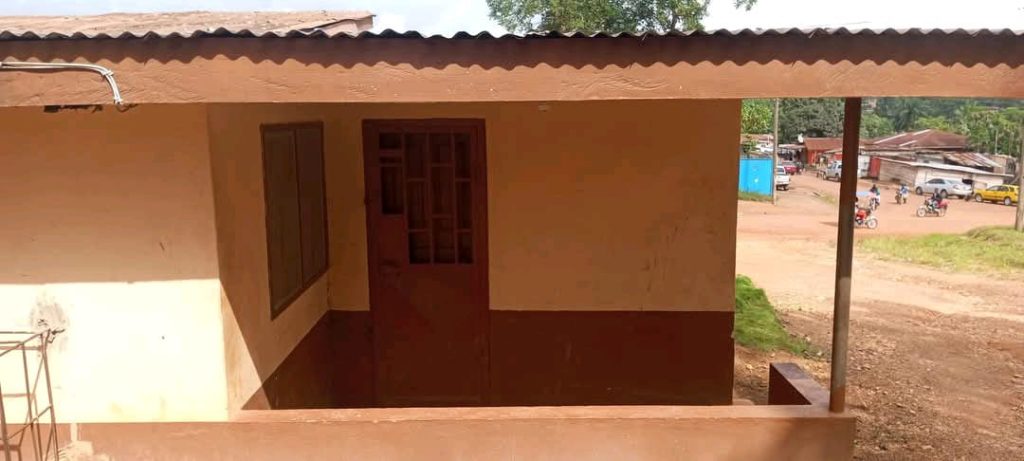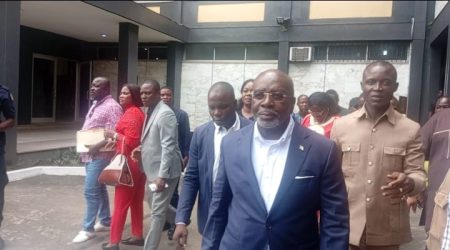The political landscape in Bong County, Liberia, is witnessing a shift in sentiment towards Senator Johnny K. Kpehe Sr., as his once-strong support base expresses growing disillusionment barely a year into his term. The vibrant campaign headquarters in Gbarnga, once a symbol of accessibility and a testament to his commitment to the electorate, has become a stark reminder of broken promises. The bustling hub of activity, which drew in citizens seeking his intervention and resonated with his pledges of open-door leadership, is now described as a desolate “ghost camp,” perpetually closed and devoid of the energy that characterized his campaign. This dramatic transformation has left many constituents feeling betrayed and questioning the sincerity of his pre-election commitments.
The perceived abandonment of his local office is not merely a physical absence but symbolizes a deeper disconnect between the senator and the people he represents. The very office that served as a beacon of hope during the election now stands as a monument to their disappointment. Citizens who once flocked to the office, believing in his promises of grassroots prioritization, now express feelings of deception, alleging that the accessible facade was merely a strategic campaign ploy designed to secure votes rather than serve as a genuine channel for constituent engagement. The inability to reach him, coupled with the perceived neglect of his local office, fuels a growing sense of betrayal and fosters a climate of distrust.
The prevailing narrative within the community underscores a stark contrast between Senator Kpehe’s pre-election persona and his post-election conduct. The once-accessible candidate, eager to engage with the community and address their concerns, has seemingly become distant and unresponsive. The palpable shift in his demeanor has left many constituents wondering whether his commitment to inclusive representation was merely a campaign tactic rather than a genuine political conviction. This perceived disconnect between his campaign rhetoric and his current actions threatens to erode the trust he cultivated during the election and casts a shadow over his political future.
The growing discontent among Bong County residents raises critical questions about Senator Kpehe’s commitment to the very people who propelled him into office. His apparent disregard for his constituents’ concerns not only undermines his credibility but also raises concerns about the broader political landscape in Liberia. Political analysts warn that if this trend of neglect continues unchecked, it could further fuel public cynicism and reinforce the perception that politicians prioritize self-interest over public service. The senator’s prolonged silence on the matter only exacerbates the situation, amplifying the public’s perception of indifference and further eroding their trust.
The future of Senator Kpehe’s political career hinges on his ability to address the concerns of his constituents and rebuild the trust that has been so significantly damaged. Re-establishing regular engagement with the community, demonstrating a genuine commitment to addressing their concerns, and reactivating his local office as a functional hub for constituent services are crucial steps toward restoring his credibility. Failure to take decisive action to bridge the widening gap between himself and his constituency risks jeopardizing his political standing and potentially shortening his tenure in office.
The unfolding situation in Bong County serves as a cautionary tale, highlighting the importance of consistent engagement and responsiveness in maintaining public trust. Senator Kpehe’s apparent transformation from an accessible candidate to a seemingly distant representative underscores the dangers of neglecting the very people who entrusted him with their votes. Unless he takes concrete steps to address the growing dissatisfaction within his constituency, he risks not only his political future but also contributes to the broader erosion of public trust in elected officials. His legacy may be defined not by the promises he made during his campaign but by the perceived betrayal of those promises in the eyes of the people he was elected to serve.














